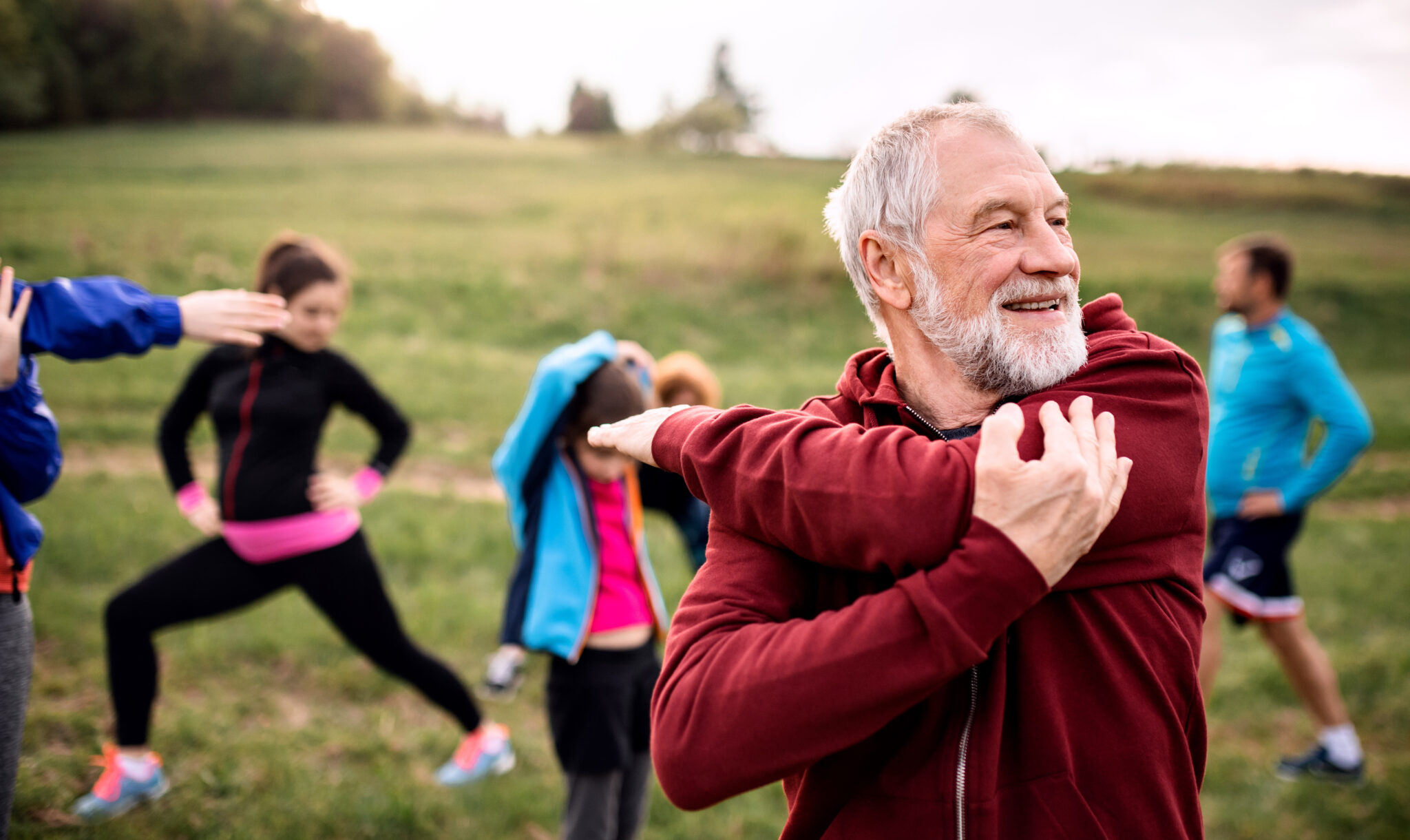Summer is a time of expanded activity across the Snoqualmie Valley. Whether you are hiking local trails, swimming at the lake, or simply doing more work around the yard, your body benefits from being well-prepared for these physical demands.
The rehabilitation team at Snoqualmie Valley Health encourages all community members to take proactive steps to move safely and stay injury-free this season.
The Importance of a Proper Warm-Up
One of the most effective strategies for preventing musculoskeletal injuries is a dynamic warm-up. Unlike static stretching, which involves holding muscles in elongated positions, dynamic warm-ups use active movement patterns that prepare the body for functional activity. A systematic review published in the Journal of Strength and Conditioning Research found that dynamic warm-ups improve muscle performance, increase joint range of motion, and reduce the incidence of strains and sprains during exercise.
Before heading out on a summer hike or beginning an intense outdoor task, consider spending five to ten minutes on movements such as high-knee marches, walking lunges with arm reach, and torso rotations. These exercises activate the major muscle groups used in walking, climbing, lifting, and reaching.
Staying Safe in the Water
Swimming and paddling are two popular summer activities that promote cardiovascular health and joint-friendly movement. However, both place unique demands on the shoulders and core, particularly when repetitive strokes are involved.
Children and adults alike may experience discomfort or fatigue in the shoulders if they have underlying muscular imbalances or poor stroke mechanics. Physical therapists recommend strengthening the rotator cuff and scapular stabilizers to reduce shoulder strain. Exercises such as wall push-ups, resistance band rows, and controlled overhead lifts can be helpful when performed with proper form.
If soreness or clicking develops after swimming or kayaking, it may be beneficial to schedule an evaluation with a physical therapist to assess mechanics and prevent further strain.
Adapting Outdoor Activities
Occupational therapists (OTs) play an important role in helping individuals participate in outdoor recreation regardless of age or ability. For older adults or those with mobility concerns, adaptive tools such as long-handled garden tools, wheeled walkers with seat attachments, or modified grips can make gardening, walking, and social outings safer and more accessible.
OTs can also evaluate endurance and provide pacing strategies to improve participation in longer summer events such as festivals, markets, or family gatherings.
Staying Hydrated for Voice Health
While water safety and hydration are common summertime topics, they are also directly relevant to speech-language health. Dehydration can impair vocal cord function, leading to hoarseness and fatigue, especially during periods of increased social activity.
Speech-language pathologists (SLPs) recommend staying well hydrated and limiting voice strain during prolonged outdoor events. This is particularly important for individuals who already manage voice disorders or rely heavily on their voice for work or caregiving.
Let Summer Be a Season of Health
Summer is one of the most rewarding times to invest in your well-being. By preparing your body with thoughtful movement, protecting your joints, adapting your activities when needed, and staying hydrated, you can enjoy everything the season has to offer.
If you or your family member could benefit from personalized strategies or rehabilitation support, our outpatient physical therapy, occupational therapy, and speech-language teams are here to help. Learn more at https://snoqualmievalleyhealth.org/rehabilitation/.

